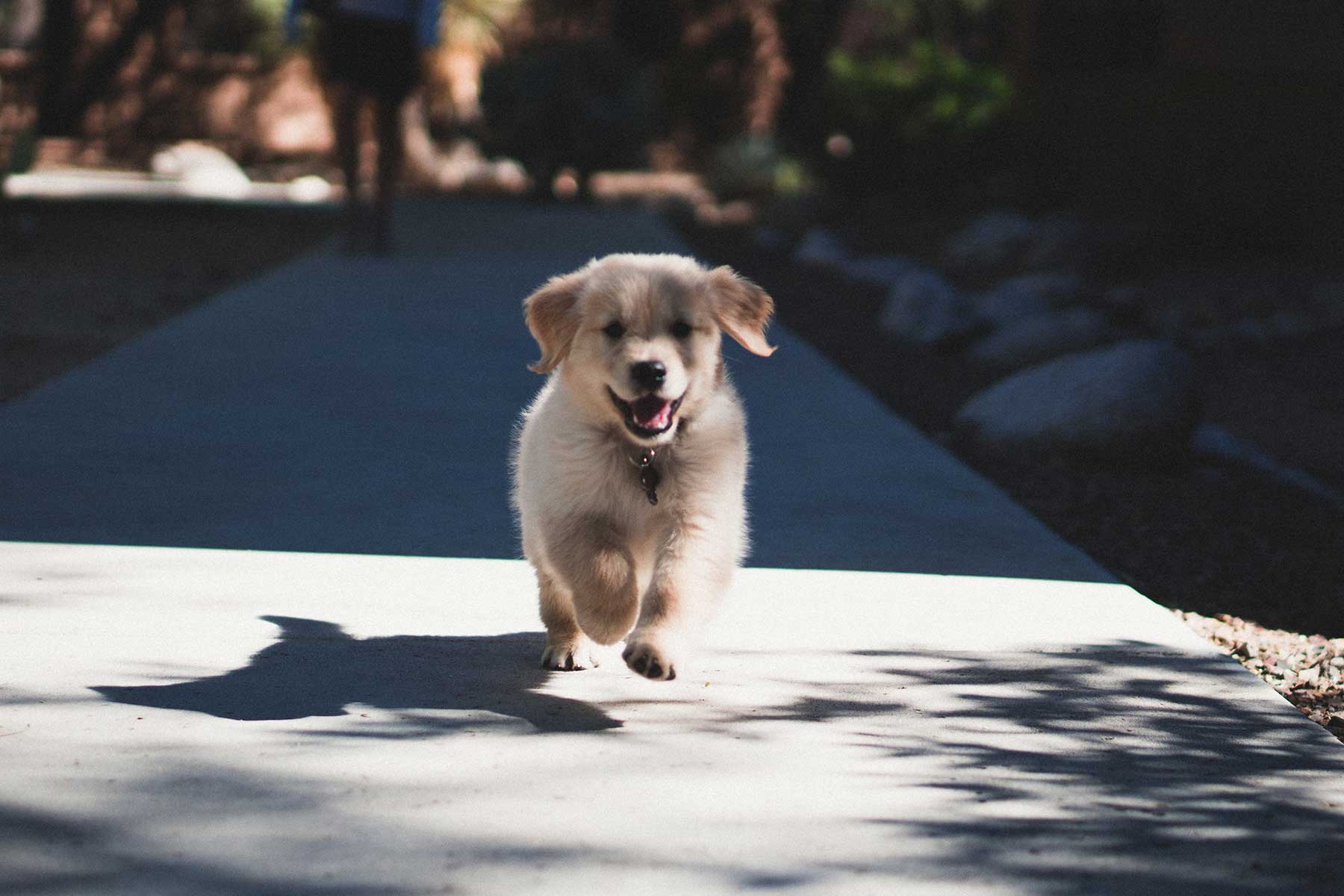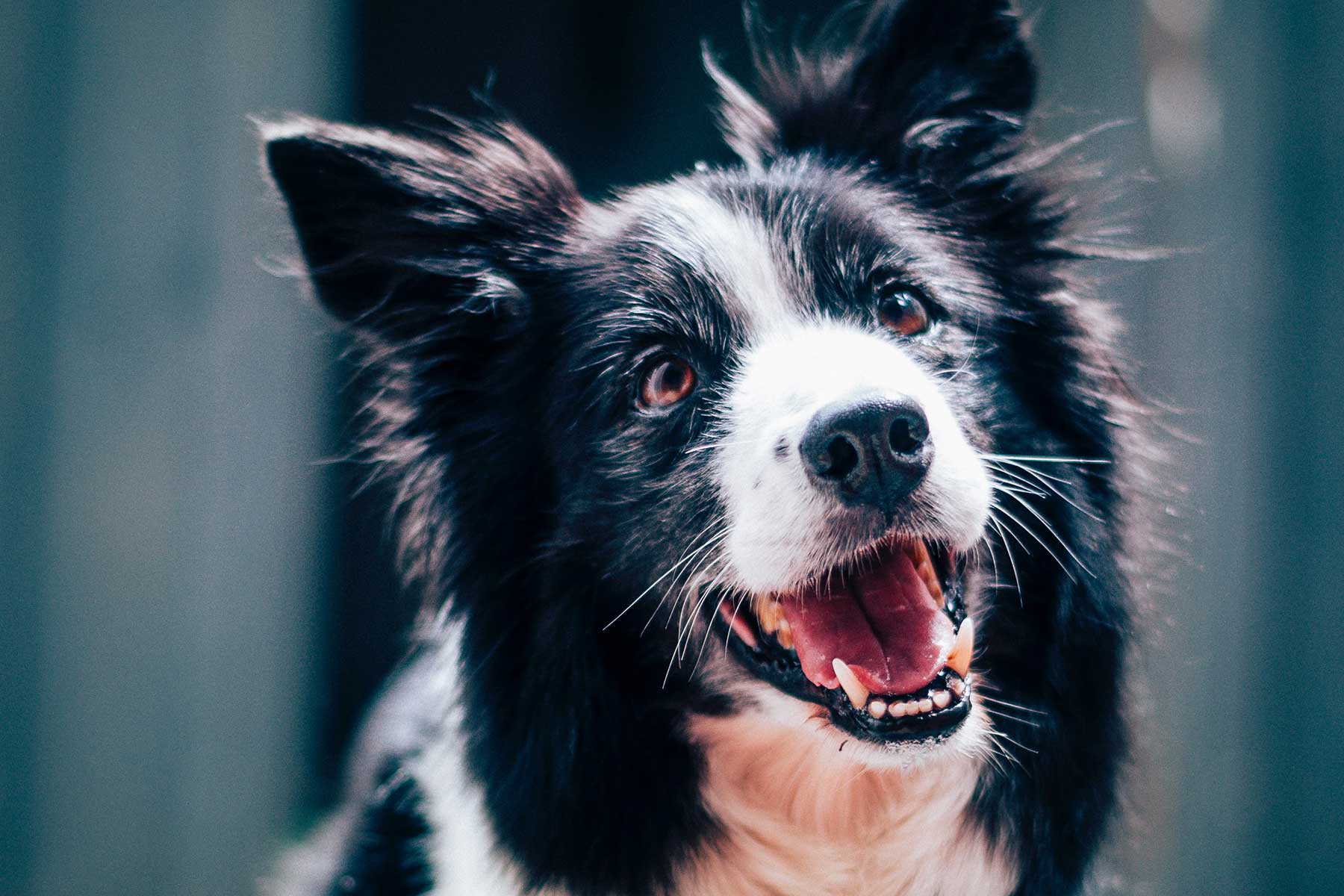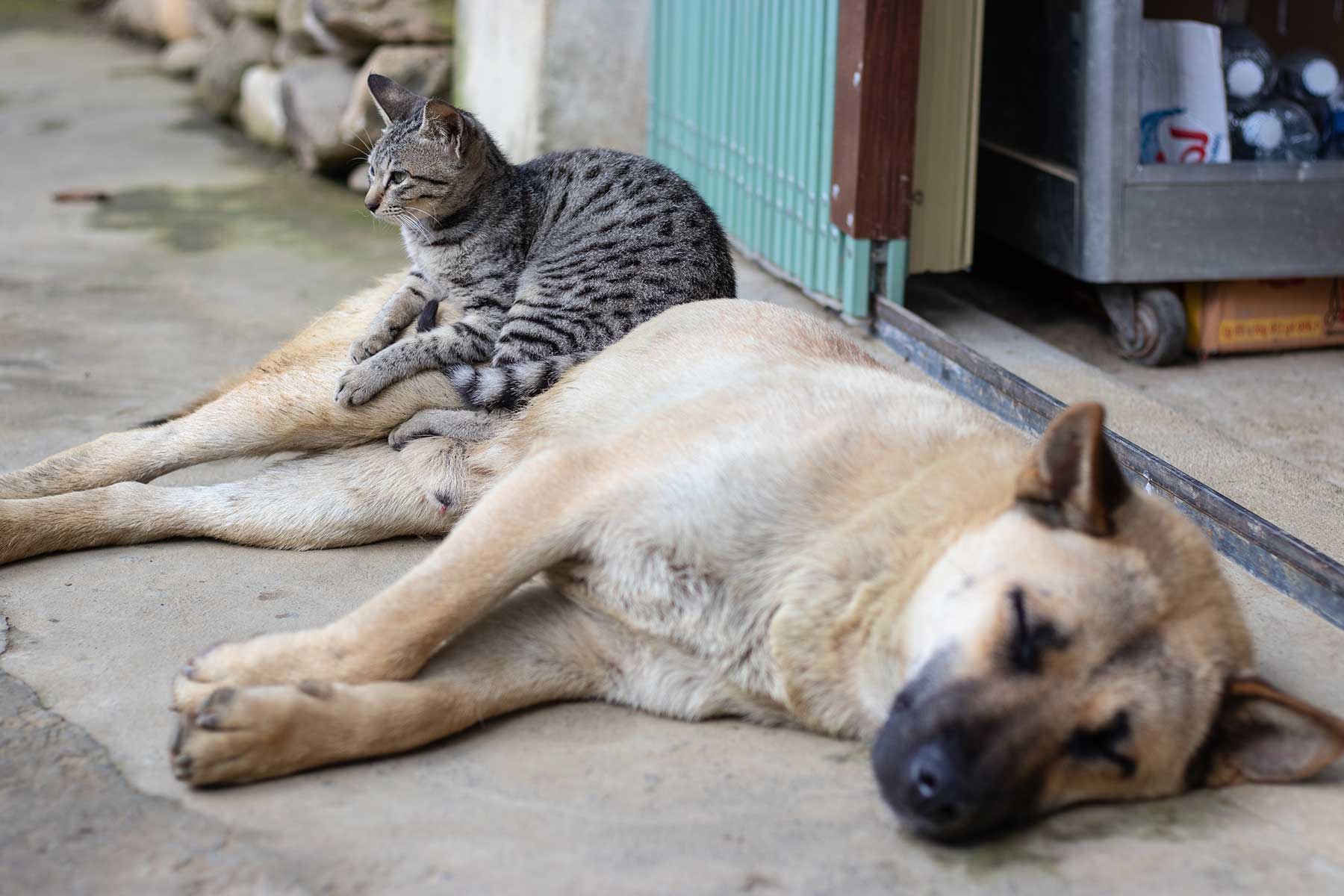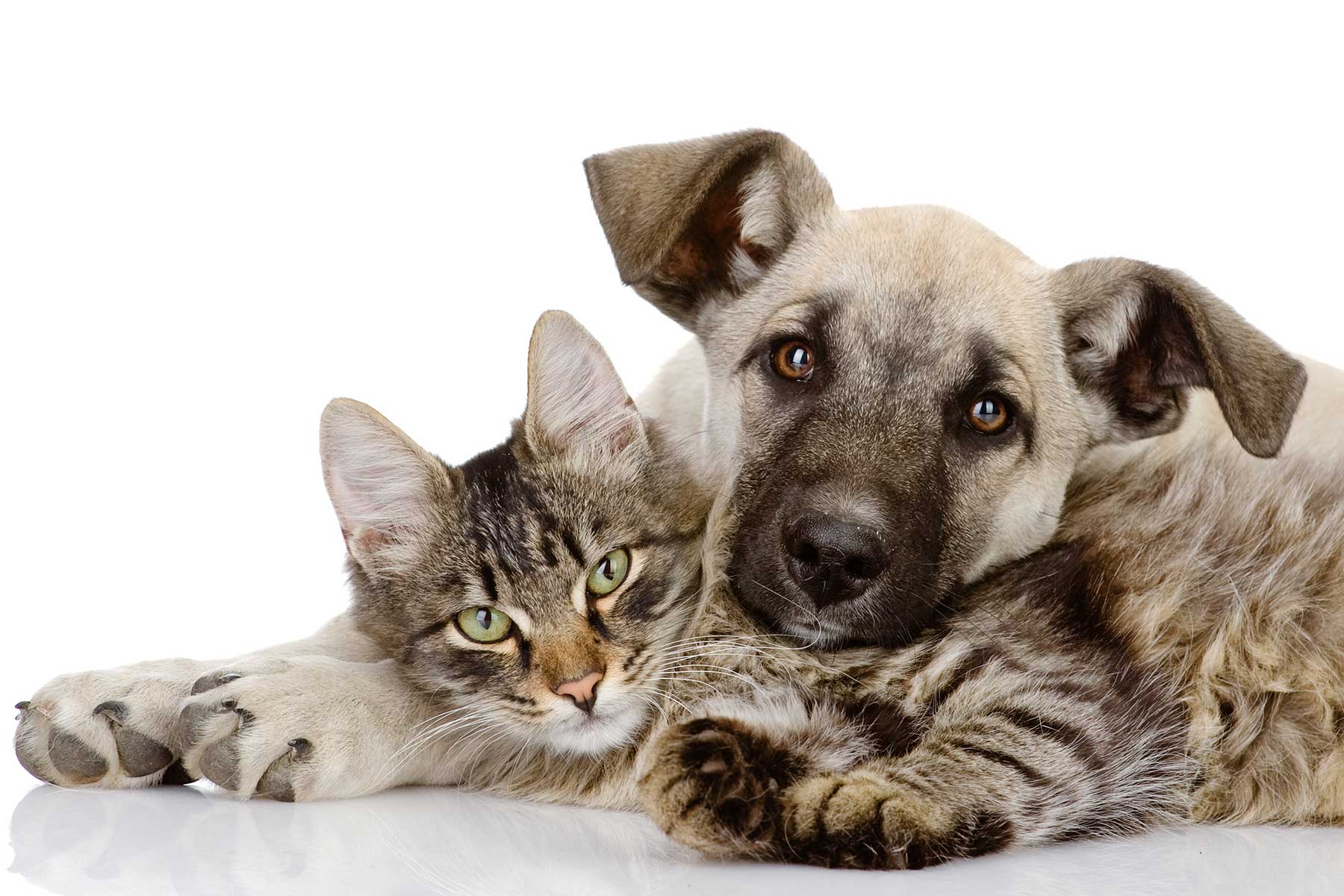The formation of gas in the stomach or intestine is referred to as flatulence. Today most people refer to the annoying and rather offensive smell and noise associated with flatulence as a fart or gas. Let’s face it no one enjoys sharing an environment with a pet suffering from flatulence, so here is some information to help you understand why your pet has flatulence and what you can do to help.
What causes flatulence in dogs?
It should be noted that it is normal for gas to be produced and to accumulate within the gastrointestinal tract. However, in some situations this production of gas is increased and can become excessive. The most common cause of excessive flatulence is a change in diet or from the dog eating something new or spoiled (dietary indiscretion). Most cases of chronic flatulence are caused by a diet that is poorly digested by the dog. These poorly digestible diets cause excessive fermentation in the colon and subsequent gas formation.
Soybeans, peas, beans, milk products, high-fat diets and spicy foods are all commonly associated with flatulence in dogs. Dogs and cats are lactose intolerant and if they are fed milk or dairy products they will often experience flatulence and GI upset. A dog that is being fed a super premium diet and is still experiencing flatulence should be tested for malassimilation (which means either poor digestion or poor absorption of nutrients from the diet).
Dogs that swallow air, especially those that eat rapidly, are more likely to experience flatulence. Overweight, obese and sedentary dogs are at higher risk for developing chronic flatulence, regardless of diet.
What are the clinical signs of flatulence?
The most common clinical signs include:
- expulsion of gas from the anus, with or without odour,
- mild abdominal discomfort,
- mild stomach distention or bloating,
- excessive gaseous sounds or rumbling from the abdomen (borborygmus).
If a dog has an underlying malassimilation problem, clinical signs may also include loose stools or diarrhoea, vomiting and weight loss.
How is flatulence diagnosed?
Diagnosis is based on the medical history and clinical signs. Some of the common causes include:
Aerophagia (increased swallowing of air)
- Nervous eaters
- Gluttony or compulsive eating
- Respiratory disease
- Feeding shortly after exercise
- Brachycephalic or flat-faced breeds
Diet
- Diets high in soybeans, peas or beans
- Diets high in fermentable fibres such as lactulose, psyllium or oat bran
- Milk and dairy products
- Sudden change in diet
- Spicy foods and food additives
- Spoiled
Diseases
- Inflammatory bowel disease (IBD)
- Small intestinal bacterial overgrowth (SIBO)
- Tumours
- Irritable Bowel Syndrome (IBS)
- Intestinal parasites
- Enteritis
- Exocrine pancreatic insufficiency (EPI)
Other diagnostic tests that may be required to determine the cause of excessive flatulence include faecal examination and evaluation, rectal cytology, feacal cultures, blood and urine tests, trypsin-like immunoreactivity (TLI), serum cobalamin and folate tests, abdominal radiographs, abdominal ultrasound and intestinal biopsies.
How is flatulence treated?
Treatment is based on diagnosis and commonly involves a change in diet. Diet recommendations include a diet that is highly digestible with a low fibre and fat content. Prescription diets and medication may also be required in some cases. We will outline a treatment plan specifically designed for your pet.
Can a flatulence problem really be solved?
Most patients with uncomplicated cases respond well to dietary and lifestyle changes. Once you have identified offending dietary substances, it is important for your pet to avoid them to prevent other medical problems and issues.
Learn more about what to feed your dog and how to care for your dog.
Contact Your Vet
If you’ve tried adjusting your pet’s diet and there has been no change to the amount of flatulence problems your dog has then contact your loca+l vet clinic to identify the issue.











